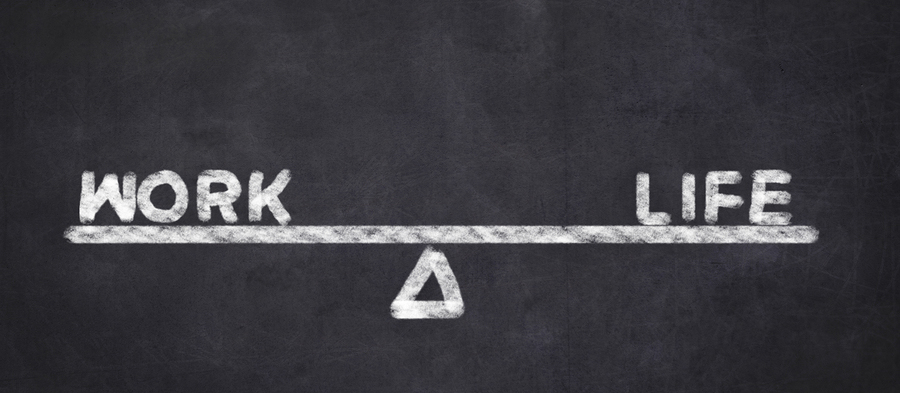Contrary to popular belief, achieving work-life balance doesn’t require working a 9-to-5 job. Here are some tips to help you prioritize your time.
Contrary to popular belief, achieving work-life balance doesn’t require working a 9-to-5 job. If you work nights, weekends or an irregular or unpredictable schedule, you only need to understand what your current personal priorities are to find the right balance. Here are some tips and proactive steps you can take to prioritize your time.
Understand That There’s No Ideal Work-Life Balance
Many think of work-life balance as just that — a 50/50 split between our professional and personal lives. However, finding balance isn’t about spending half of your waking hours at work and half on personal activities. There’s no set ratio that will work for everyone — it all depends on where you are in life and what your personal priorities are at that time. Avoid using others as your yardstick because what works for your colleagues, your spouse or your friends won’t necessarily work for you.
If your current priorities focus on your career and making money, your definition of balance may be “more work than play,” and spending more hours at work would be your version of an ideal work-life balance. But if you want to spend more time with family, then working outside of the typical 9-to-5 schedule might work for you because it could allow you to be home during the day.
Define What Balance Means to You
The first step toward achieving work-life balance is to decide what that means to you. The best way to do that is to define your priorities:
- Make a list of things that are important to you. This may include achieving career advancement, having dinner with your family, sticking to an exercise routine or making it to a weekly religious service. There’s no right or wrong answer.
- Rank your priorities in the order of how important they are to you. This will tell you what to focus on first.
- Ask yourself the tough question of what you need to give up in order to honor your top priority. Achieving work-life balance often requires work, and sometimes it requires sacrifice. To build the life you want, you may need to give up some time with friends, a few hours of sleep or a few hours that are normally spent in front of the TV.
It’s critical to be honest with yourself about what’s important to you and what you may need to give up. Once you do that, you’ll be able to figure out what you really need your day-to-day routine to consist of to find the right work-life balance.
Use Your Time Off
According to U.S. News & World Report, a shocking number of American workers don’t use the time off that they’re allotted by their organizations. Whether this means using up your vacation time and personal days or staying home sick when you need to, it’s up to you to use the benefits that come with your job. Make sure you know which benefits you’re entitled to, and take full advantage of them.
Own Your Role in Achieving Work-Life Balance
People cite many reasons for their lack of work-life balance — they have long or irregular hours, their boss is too demanding, their colleagues aren’t pulling their weight or technology makes them feel like they’re constantly on call. All of these may be true, but to truly achieve the right work-life balance, you need to take individual responsibility for the role you’ve played in the situation. In other words, if you feel like your life is out of balance, it’s time to take a good, long look in the mirror. It’s only when you take personal responsibility for the problem that you’ll be able to take the steps required to fix it.







